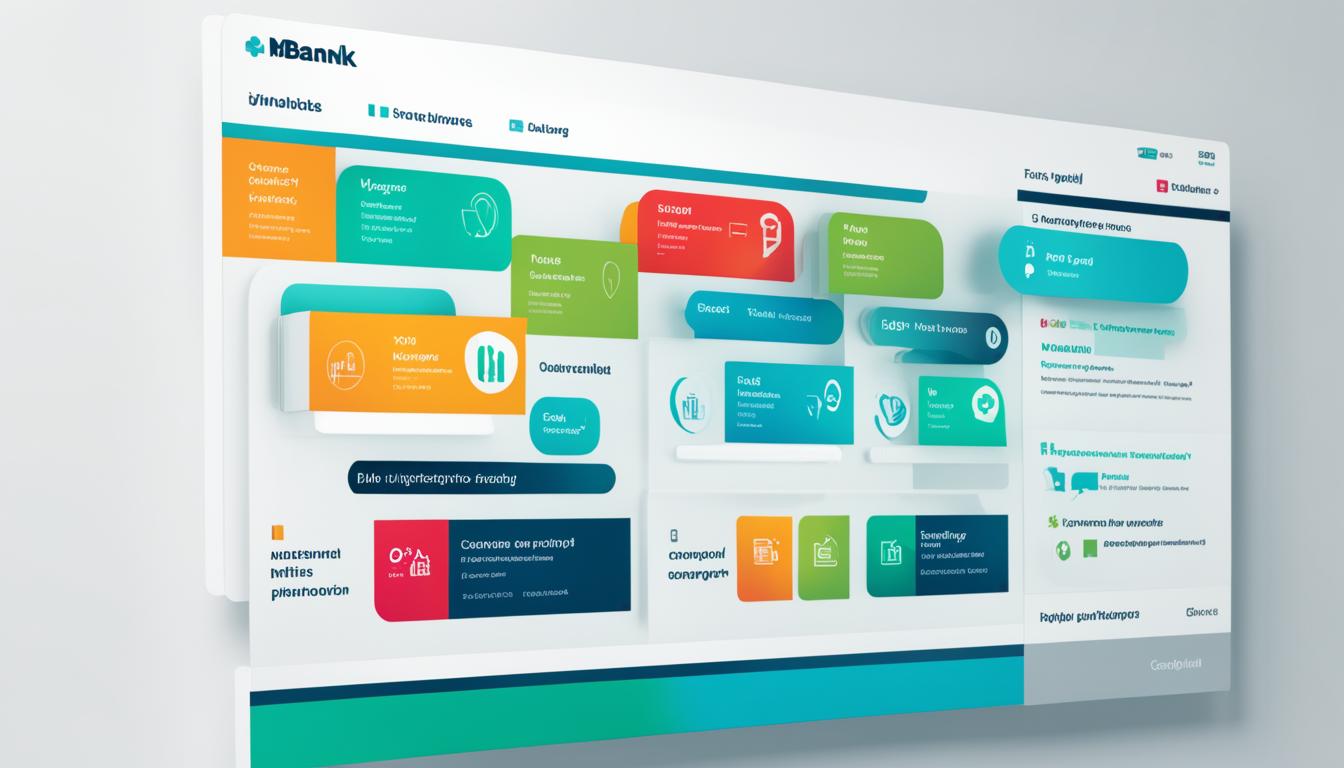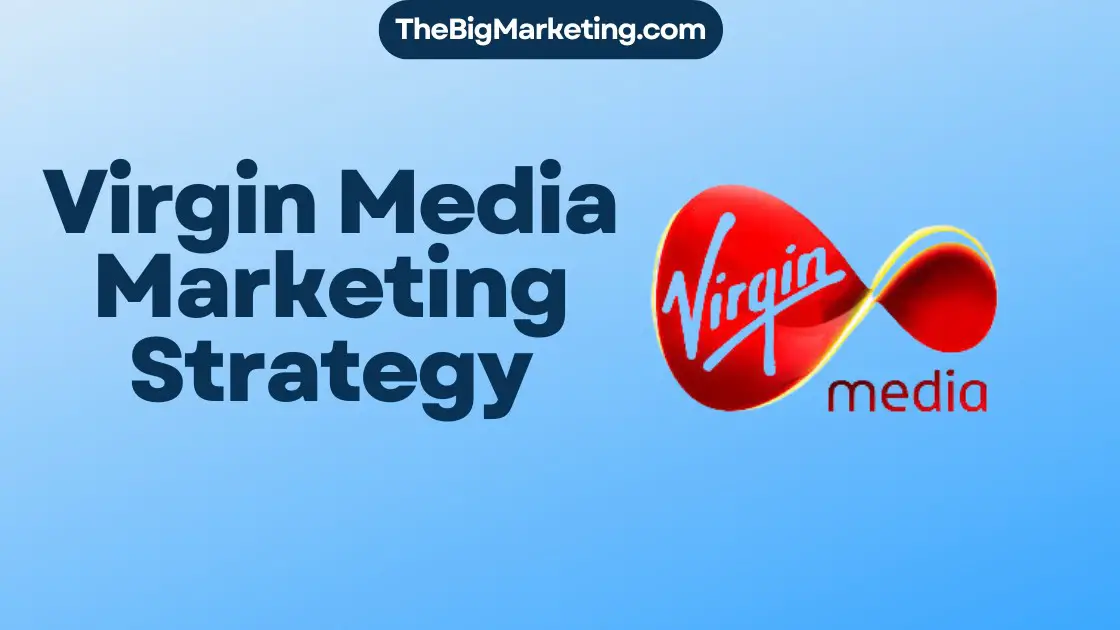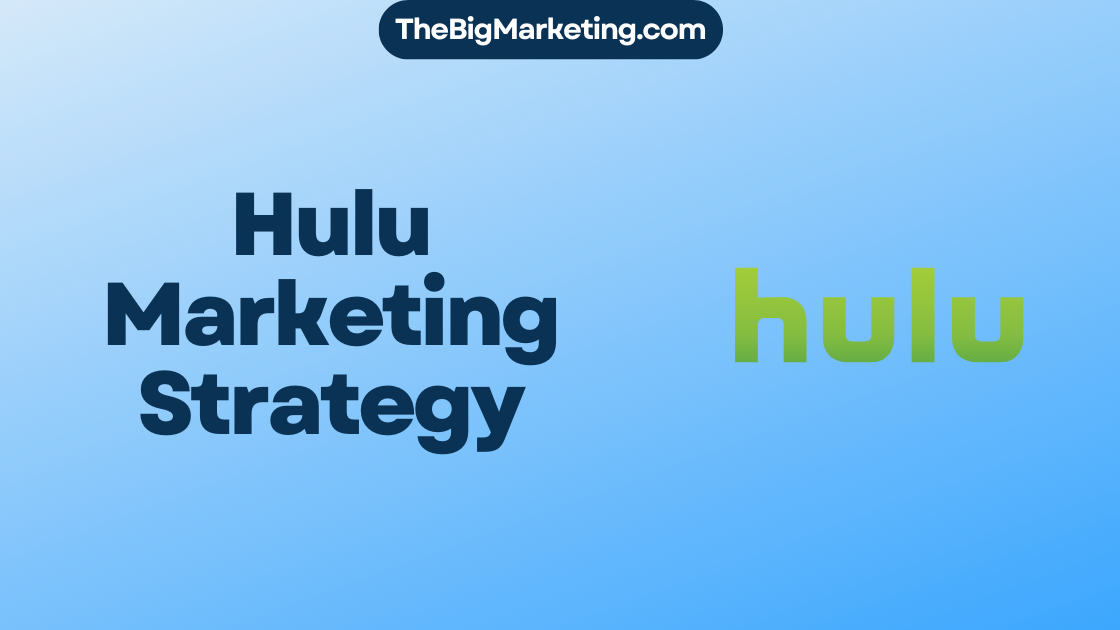D2C or Direct-to-Consumer marketing is a business model where manufacturers sell their products directly to consumers through their own online stores, bypassing retailers. In today’s digital age, D2C marketing has become increasingly popular due to its ability to establish direct relationships with consumers and create personalized experiences.
This article will provide a comprehensive guide to D2C marketing strategies in 2024. We will explore key tactics such as direct branding, omnichannel marketing, customer acquisition, customer retention, digital marketing techniques, ecommerce strategies, data-driven marketing, personalization, and customer lifetime value. By understanding and implementing these strategies, manufacturers can optimize their D2C marketing efforts and drive business growth.
Key Takeaways:
- D2C marketing allows manufacturers to sell products directly to consumers, bypassing retailers.
- Key D2C marketing strategies include direct branding, omnichannel marketing, and data-driven marketing.
- Effective customer acquisition and retention are crucial for D2C success.
- Personalization and customer lifetime value are key focus areas for D2C marketers in 2024.
- By implementing these strategies, manufacturers can thrive in the competitive D2C landscape and drive business growth.
What is D2C Marketing?
D2C marketing, or Direct-to-Consumer marketing, is a business model that enables manufacturers to market and sell their products directly to consumers through their own online stores, bypassing traditional retailers. Unlike the conventional approach where manufacturers rely on intermediaries to distribute their products, D2C allows them to have a direct connection with their customers and take control of their branding and positioning.
This approach to marketing eliminates the need for middlemen and enables manufacturers to establish their own online stores, allowing them to showcase their products and create a personalized shopping experience for consumers. By cutting out the intermediary retailers, manufacturers gain greater control over their brand image, pricing, and customer relationships.
With D2C marketing, manufacturers can leverage various digital marketing strategies to attract and engage consumers, including targeted online advertising, social media campaigns, influencer partnerships, and content marketing. This direct interaction with customers also provides valuable data and insights that can be used to refine marketing strategies and improve products.
By embracing the D2C business model, manufacturers can establish their own online stores, build a strong brand presence, and forge lasting relationships with their customers. This approach offers a unique opportunity for manufacturers to differentiate themselves in the market, optimize pricing strategies, and deliver a seamless customer experience.
Benefits of D2C Marketing
Implementing a D2C marketing strategy offers several notable benefits for manufacturers:
- Branding Control: With D2C marketing, manufacturers have full control over their brand image, messaging, and customer experience. They can curate their brand story and create a consistent brand identity throughout their online stores.
- Direct Customer Connection: By selling directly to consumers, manufacturers can establish a direct line of communication with their customers. This allows for personalized marketing messages, gathering customer feedback, and building loyal customer relationships.
- Higher Margins: By cutting out the middlemen, manufacturers can retain a larger portion of the profits. This enables them to invest more in product development, marketing, and customer support.
- Data Ownership: D2C marketing provides manufacturers with valuable first-party data about their customers’ preferences, behaviors, and purchase patterns. This data can be leveraged to personalize marketing campaigns and optimize product offerings.
- Agility and Flexibility: D2C allows manufacturers to quickly adapt to changing market trends and consumer demands. They have the freedom to experiment with new products, pricing strategies, and marketing campaigns without the approval of intermediaries.
Overall, D2C marketing empowers manufacturers to take control of their business and build a direct relationship with their customers. It offers a compelling alternative to traditional retail channels, enabling manufacturers to create a unique brand experience and drive business growth.
The Growth of the D2C Market
The D2C market has experienced remarkable growth, fueled even further by the impact of the COVID-19 pandemic. In 2021, the US D2C market recorded a total sales volume of $128 billion, representing an 8.5% share of the national eCommerce market. This surge in sales can be attributed to shifting consumer behaviors, including a preference for competitive pricing, superior customer service, and convenient shipping options.
One of the key drivers behind the increasing popularity of D2C brands is the desire among consumers for lower prices. With the ability to sell directly to customers, D2C companies eliminate the need for intermediaries, allowing them to offer competitive pricing without the additional markup associated with traditional retail channels.
Another motivating factor is the emphasis on enhanced customer service. D2C brands prioritize creating a seamless customer experience by providing personalized interactions, responsiveness, and efficient issue resolution. This direct connection with customers enables D2C companies to build strong relationships and develop brand loyalty.
Furthermore, the demand for free and fast shipping options has greatly influenced the growth of the D2C market. Consumers appreciate the convenience of having products delivered directly to their doorsteps without incurring extra shipping costs or delays. D2C brands have capitalized on this consumer expectation by optimizing their supply chain and logistics operations to offer efficient and cost-effective shipping services.
However, despite the rapid growth of the D2C market, it is not without its challenges. Established brands with longstanding reputations and consumer trust pose a competitive threat to emerging D2C companies. In addition, eCommerce marketplaces such as Amazon and eBay have a significant market presence, making it crucial for D2C brands to navigate this landscape strategically.
Ultimately, successful D2C companies employ a combination of factors such as compelling pricing, exceptional customer service, and streamlined shipping processes to stand out in a crowded marketplace. By understanding and meeting the evolving needs of consumers, D2C brands can capture a substantial portion of the eCommerce market and build a loyal customer base for long-term success.
Benefits of D2C Marketing
D2C marketing offers several benefits for manufacturers, enabling them to leverage the advantages of a direct-to-consumer approach. By adopting D2C strategies, brands can gain greater control over their branding, deepen their understanding of customers, and fuel revenue growth. However, it is important to note that these benefits require careful marketing investment and proficiency in managing a complex digital marketing system.
1. Branding Control
One of the key advantages of D2C marketing is the ability for manufacturers to have complete control over their branding. By eliminating the intermediary of retailers, brands can directly communicate their desired message, values, and imagery to consumers. This control over branding allows for consistent messaging and positioning, creating a distinct and recognizable brand identity.
2. Customer Understanding
Through the D2C model, manufacturers have the opportunity to gather first-party data, providing valuable insights into customer behavior, preferences, and purchase patterns. This deeper understanding of customers enables brands to personalize their marketing efforts, tailor products or services to specific segments, and build stronger customer relationships. By leveraging customer data, brands can make informed marketing decisions that resonate with their target audience.
3. Revenue Growth
D2C marketing can open up new revenue streams and drive growth for manufacturers. By eliminating the need for retailers and intermediaries, brands can sell products directly to consumers, increasing their profit margins. Additionally, the direct connection with customers allows for cross-selling and upselling opportunities, fostering repeat purchases and boosting customer lifetime value. With effective marketing strategies in place, D2C brands can experience significant revenue growth.
4. Marketing Investment
While D2C marketing offers numerous benefits, it does require a considerable marketing investment. Without the support of established retailers, brands must develop their own marketing infrastructure, including website development, ecommerce platforms, and digital advertising. This upfront investment is necessary to create a seamless customer experience and drive brand awareness. However, the long-term benefits of D2C marketing can outweigh the initial costs.
5. Digital Marketing System
The success of D2C marketing depends heavily on a well-developed and efficient digital marketing system. Brands need to have a comprehensive understanding of various digital marketing channels, such as search engine optimization (SEO), email marketing, social media advertising, and content marketing. By effectively utilizing these channels, brands can reach their target audience, drive engagement, and generate conversions. Implementing and managing a complex digital marketing system is crucial for the success of D2C brands.
The benefits of D2C marketing are significant, allowing manufacturers to establish a strong brand presence, gain valuable customer insights, drive revenue growth, and compete effectively in today’s digital landscape. However, it is important for brands to carefully consider the marketing investment required and develop a robust digital marketing system to maximize the potential of the D2C model.
5 Winning D2C Marketing Strategies
D2C brands can employ various marketing strategies to drive success and growth. By implementing these strategies, companies can effectively engage their target audience, increase brand visibility, and ultimately drive conversions. Here are five winning D2C marketing strategies:
1. SEO
Search engine optimization (SEO) plays a vital role in improving a website’s visibility and organic search rankings. D2C brands should focus on optimizing their websites with relevant keywords, creating high-quality content, and ensuring their sites are mobile-friendly and easy to navigate. By ranking higher in search engine results, D2C brands can attract more organic traffic and potential customers.
2. Referral Marketing
Referral marketing is a powerful strategy for driving customer acquisition. D2C brands can encourage their existing customers to refer their friends and family by offering incentives such as discounts, rewards, or exclusive access. By leveraging the power of word-of-mouth and utilizing referral programs, D2C brands can expand their customer base and increase brand loyalty.
3. Influencer Marketing
Influencer marketing is an effective way for D2C brands to reach their target audience through influential individuals on social media platforms. Collaborating with relevant influencers can help D2C brands increase brand awareness, trust, and credibility. By partnering with influencers who align with their brand values and target audience, D2C brands can leverage the influencer’s reach and engagement to drive conversions.
4. Conversion Rate Optimization
Conversion rate optimization (CRO) is the process of fine-tuning a website or landing page to improve its performance and increase the percentage of visitors who take desired actions, such as making a purchase or filling out a form. D2C brands should focus on optimizing their website’s design, user experience, and persuasive copywriting to maximize conversions. By analyzing user behavior, conducting A/B tests, and implementing data-driven changes, D2C brands can continuously improve their conversion rates.
5. Social Media
Social media is an essential platform for D2C brands to engage with their audience, build brand awareness, and drive traffic to their websites. By creating compelling content, utilizing social media advertising, and actively engaging with their followers, D2C brands can foster a loyal community of brand advocates. Moreover, utilizing features such as shoppable posts and influencers can help drive conversions directly from social media platforms.
| Strategy | Description |
|---|---|
| SEO | Optimizing websites for higher search engine visibility and organic traffic |
| Referral Marketing | Incentivizing customers to refer others, expanding customer base and loyalty |
| Influencer Marketing | Collaborating with influential individuals to increase brand awareness and credibility |
| Conversion Rate Optimization | Optimizing website design and user experience to increase conversions |
| Social Media | Engaging with the audience, building brand awareness, and driving traffic through social media platforms |
Creating a Strong Brand Identity
Building a strong brand identity is a critical aspect of success for Direct-to-Consumer (D2C) brands. In a competitive marketplace, establishing a clear D2C brand identity helps differentiate your products and resonate with customers. It involves developing a compelling value proposition, defining a consistent brand personality, and fostering familiarity and loyalty among your target audience.
A clear value proposition is the foundation of your brand identity. It communicates the unique benefits and value your products offer to customers. By clearly articulating the problem your products solve and how they improve customers’ lives or experiences, you can attract and engage with the right audience.
Defining a consistent brand personality is crucial for establishing emotional connections with your customers. It includes the tone, voice, and visual elements that reflect your brand’s values, culture, and positioning. Whether you aim to be playful, sophisticated, or eco-friendly, consistently conveying your brand personality across all touchpoints helps create a memorable and relatable brand experience.
Fostering familiarity with your brand is essential for building recognition and trust. Consistently using visual elements, such as logos, colors, and fonts, creates a cohesive brand image that customers can easily identify. Additionally, crafting engaging and relevant content allows customers to interact with your brand and develop a deeper understanding of your products and values.
Once you have established familiarity, focus on building brand loyalty. Engage with your customers through personalized experiences, exceptional customer service, and targeted marketing campaigns. By fostering a loyal customer base, you can drive repeat purchases, advocacy, and brand growth.
A strong brand identity is the cornerstone of success for D2C brands. It sets you apart from competitors and creates a lasting impression on your target audience. By investing time and effort into developing a clear value proposition, defining a consistent brand personality, and fostering familiarity and loyalty, you can establish a strong brand identity that resonates with customers and drives long-term success.
Harnessing the Power of Social Media
Social media marketing plays a crucial role in the success of D2C brands, enabling them to build brand awareness and engage with their target audience effectively. Platforms like Instagram, TikTok, and Facebook have become instrumental in creating a robust social media presence that forms the core of the customer experience.
When it comes to D2C social media marketing, having a carefully crafted content strategy is essential. Each platform presents unique opportunities and challenges, requiring tailored approaches to maximize brand visibility and engagement. By understanding the target audience and platform-specific best practices, D2C brands can create compelling content that resonates with users.
Platform-Specific Content Strategies
Developing platform-specific content strategies is key to achieving success on social media. Each platform has its own format, audience demographics, and user behavior patterns. By catering to these nuances, D2C brands can optimize their content delivery and drive better engagement.
For instance, Instagram is ideal for visually appealing content that showcases products in an aesthetically pleasing way. By leveraging high-quality images and videos, D2C brands can captivate their audience and create an aspirational appeal.
TikTok, on the other hand, thrives on short-form, entertaining videos. By embracing trends and utilizing creative storytelling, D2C brands can tap into the platform’s viral nature, reach a wide audience, and increase brand awareness.
Facebook offers a more diverse range of content possibilities, including videos, images, articles, and live broadcasts. D2C brands can leverage Facebook’s extensive targeting options to reach specific audience segments and foster meaningful connections.
Influencer Partnerships
Influencer marketing has become a powerful tool for D2C brands to expand their reach, build credibility, and drive conversions. Working with influencers who align with the brand’s values and target audience can help create authentic connections and generate meaningful engagement.
When selecting influencers, it’s crucial to consider their audience demographics, engagement rates, and relevance to the brand. Micro-influencers, who have a smaller but highly engaged following, can often yield better results in terms of driving conversions and building brand loyalty.
Collaborating with influencers can take various forms, including product reviews, sponsored content, brand ambassadorships, and influencer takeovers. By harnessing the power of influencer partnerships, D2C brands can tap into the influencers’ existing audience and leverage their influence to boost brand awareness and credibility.
Fostering a Sense of Community
Building a sense of community around their products is crucial for D2C brands. Social media provides an ideal platform for fostering this community by facilitating conversations, encouraging user-generated content, and creating spaces for customers to engage with one another.
By actively responding to comments and messages, showcasing user-generated content, and hosting giveaways or contests, D2C brands can strengthen their connection with customers and foster brand loyalty.
Furthermore, utilizing social listening tools to monitor online conversations and engage with brand mentions allows D2C brands to stay responsive to customer needs and sentiment.
Overall, social media is a powerful tool for D2C brands to build brand awareness, drive engagement, and cultivate a loyal customer base. By developing platform-specific content strategies, leveraging influencer partnerships, and fostering a sense of community, D2C brands can harness the power of social media to achieve their marketing goals.
Examples of Successful D2C Brands
Examining successful D2C brands can provide valuable insights and inspiration for other brands. Let’s take a look at some D2C success stories that have effectively utilized various marketing strategies to achieve remarkable results in the direct-to-consumer space.
Magic Spoon
Magic Spoon, the direct-to-consumer cereal brand, has taken the breakfast industry by storm. With its innovative approach to reinventing classic cereals, Magic Spoon has captured the attention of health-conscious consumers looking for a guilt-free breakfast option. Through strategic social media marketing campaigns and influencer partnerships, Magic Spoon has built a strong brand presence and achieved substantial growth in a competitive market.
MeUndies
MeUndies, a D2C underwear brand, has disrupted the traditional underwear market with its comfortable and stylish products. By focusing on personalized customer experiences and building a loyal community of brand advocates, MeUndies has created a strong brand identity that resonates with consumers. Their clever use of social media and influencer collaborations has helped them gain significant brand visibility and establish a loyal customer base.
Chubbies
Chubbies, a direct-to-consumer shorts brand, has successfully targeted a niche market and created a cult following. Through their unique and playful brand personality, Chubbies has built a strong emotional connection with their customers. Utilizing social media platforms and producing engaging content, Chubbies has fostered a sense of community among its fan base, resulting in increased brand loyalty and word-of-mouth marketing.
Away
Away, the D2C luggage brand, has revolutionized the travel industry with its stylish and functional suitcases. They have effectively leveraged social media platforms and user-generated content to create a buzz around their brand. Through strategic influencer collaborations and a focus on customer satisfaction, Away has built a strong reputation and a loyal customer base.
Personal Fav
Personal Fav, a direct-to-consumer beauty brand, has gained recognition for its personalized skincare products. By leveraging data-driven marketing and providing tailored solutions, Personal Fav has been able to meet the unique needs of their customers. The brand has also embraced social media platforms to engage with their audience and build brand loyalty.
Pomp
Pomp, a D2C candle brand, has found success by tapping into the growing demand for eco-friendly and sustainable products. Through a combination of social media marketing and influencer partnerships, Pomp has successfully positioned itself as a premium brand in the home fragrance industry. Their commitment to craftsmanship and sustainability has resonated with conscious consumers, contributing to their success.
These D2C success stories highlight the importance of strategic marketing and customer-centric approaches in building successful direct-to-consumer brands. By studying these examples, other brands can gain valuable insights and inspiration to enhance their own D2C marketing strategies.
Conclusion
In conclusion, a well-defined D2C marketing strategy in 2024 is crucial for manufacturers seeking to prosper in the ever-evolving direct-to-consumer space. To effectively navigate this landscape, brands should implement a range of proven marketing tactics, including search engine optimization (SEO), referral marketing, influencer partnerships, conversion rate optimization, and social media marketing.
By leveraging SEO techniques, brands can improve their online visibility and attract organic traffic to their websites. Referral marketing empowers satisfied customers to spread the word about their positive experiences, generating valuable word-of-mouth buzz. Collaborating with influencers also helps build brand awareness among their followers who align with the brand’s target audience.
Additionally, optimizing conversion rates throughout the customer journey ensures that potential customers take desired actions, leading to increased sales and revenue. Finally, a strong presence on social media platforms allows brands to engage with consumers, foster brand loyalty, and provide a seamless customer experience.
By focusing on developing a strong brand identity, implementing targeted marketing strategies, and prioritizing customer satisfaction, brands can thrive in the highly competitive direct-to-consumer space. With the right approach and adaptability to changing consumer behaviors, D2C brands can capitalize on the opportunities offered by the direct-to-consumer space in 2024.





